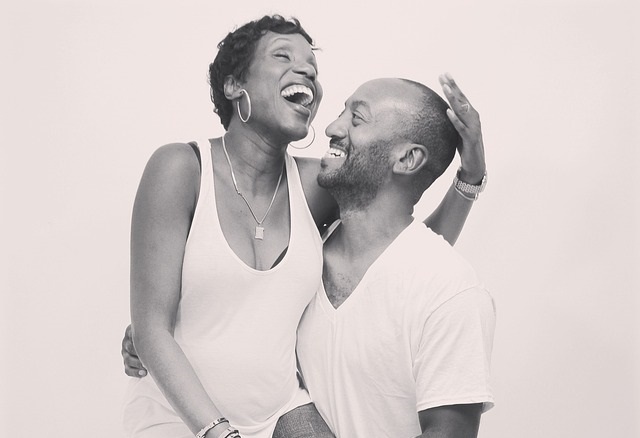Absolutely! Everyone desires complete transparency and acceptance in a relationship. However, building trust takes time. Sharing certain things too early can be overwhelming. Let’s explore what information might be best saved for when your connection deepens.
1. Past Sexual History
While intimacy is a key part of relationships, disclosing the number of past partners (body count) early on might not be necessary. Research suggests some people, regardless of gender, may have preferences for a partner’s sexual history. However, the study emphasizes that most people don’t actively filter based on this metric.

Focusing on building a deeper connection first allows for a more natural and comfortable disclosure of personal details later. Sharing your sexual history is a personal choice, and any pressure from a partner to reveal this information, especially if met with judgment, should be a red flag.
2. Complex Family Issues
Sharing intricate details about challenging family situations, like addiction or abuse, can be emotionally difficult. While open communication is important in relationships, disclosing these experiences early on may not be beneficial.
Research by social worker Patricia Shelly et al suggests that discussing past trauma can lead to retraumatization, unintentionally reliving the negative experience. This can be emotionally taxing for both you and your partner, especially in the initial stages of getting to know each other.
It’s important to find the right time to share these experiences. When a deeper bond has developed, and you feel comfortable and supported, these conversations can be more meaningful and productive.
3. Financial Compatibility
Financial compatibility is a crucial aspect of long-term relationships. Discussing money openly fosters trust and avoids future complications. However, revealing exact salaries or savings too early can be awkward.
Focus on general financial discussions within the first six months, as suggested by psychologist Max Alberhansky. Instead of specific numbers, explore topics like financial goals, career satisfaction, and attitudes towards debt. Understanding your partner’s financial habits and priorities is more valuable in the initial stages than precise income figures.
Remember, financial situations can change. A partner’s approach to managing money is a better indicator of long-term compatibility than their current income level. Look for responsible spending habits, budgeting skills, and shared values regarding finances.
4. Excessive Details About Past Relationships
Sharing details about past relationships can be a delicate subject early on. Some people may feel uncomfortable or insecure if bombarded with information about your exes.
Focus on building the present connection rather than dwelling on the past. Extensive details about past romances, like near-marriages or elaborate gifts, aren’t essential at this stage.

It’s important to find a balance. Sharing nothing about your past can raise suspicion, but too much too soon can be overwhelming. Gauge your partner’s comfort level. If they seem apprehensive or overly curious about your exes, take a cue to adjust your disclosures.
Remember, feeling safe and secure is key. If your partner struggles with discussions about your past relationships, explore the reasons behind their discomfort with empathy. It might stem from a desire to understand your relationship history or a fear of repeating past patterns.
Open communication is important, but prioritize building trust and a strong foundation for your current relationship before diving deep into past experiences.
5. Long-Term Relationship Goals
While open communication is important, discussing highly specific relationship milestones like marriage or children very early on can be overwhelming. This might pressure your partner to consider timelines they’re not ready for, leading to anxiety or confusion.
Expressing your desires for the future (marriage, children) is perfectly fine, but focus on the broader concept. You can say something like, “I see myself in a committed relationship someday,” or “I’m open to the possibility of having children in the future.”

Relationship goals are best developed collaboratively over time. Research suggests that “daily goal progress” between supportive couples is more important than setting rigid expectations early on.
Let your relationship grow organically, focusing on building a strong foundation before diving into specific long-term plans. This fosters trust and creates space for open discussions about your future together.
Key Takeaways
Remember, everyone develops relationships at their own pace. These are general guidelines to foster trust and connection.
Don’t panic if you accidentally share something personal early on. True compatibility is about accepting each other’s past and growing together.
The key is finding a balance between open communication and emotional sensitivity. Take things slowly, prioritize building trust, and let your relationship unfold naturally.



